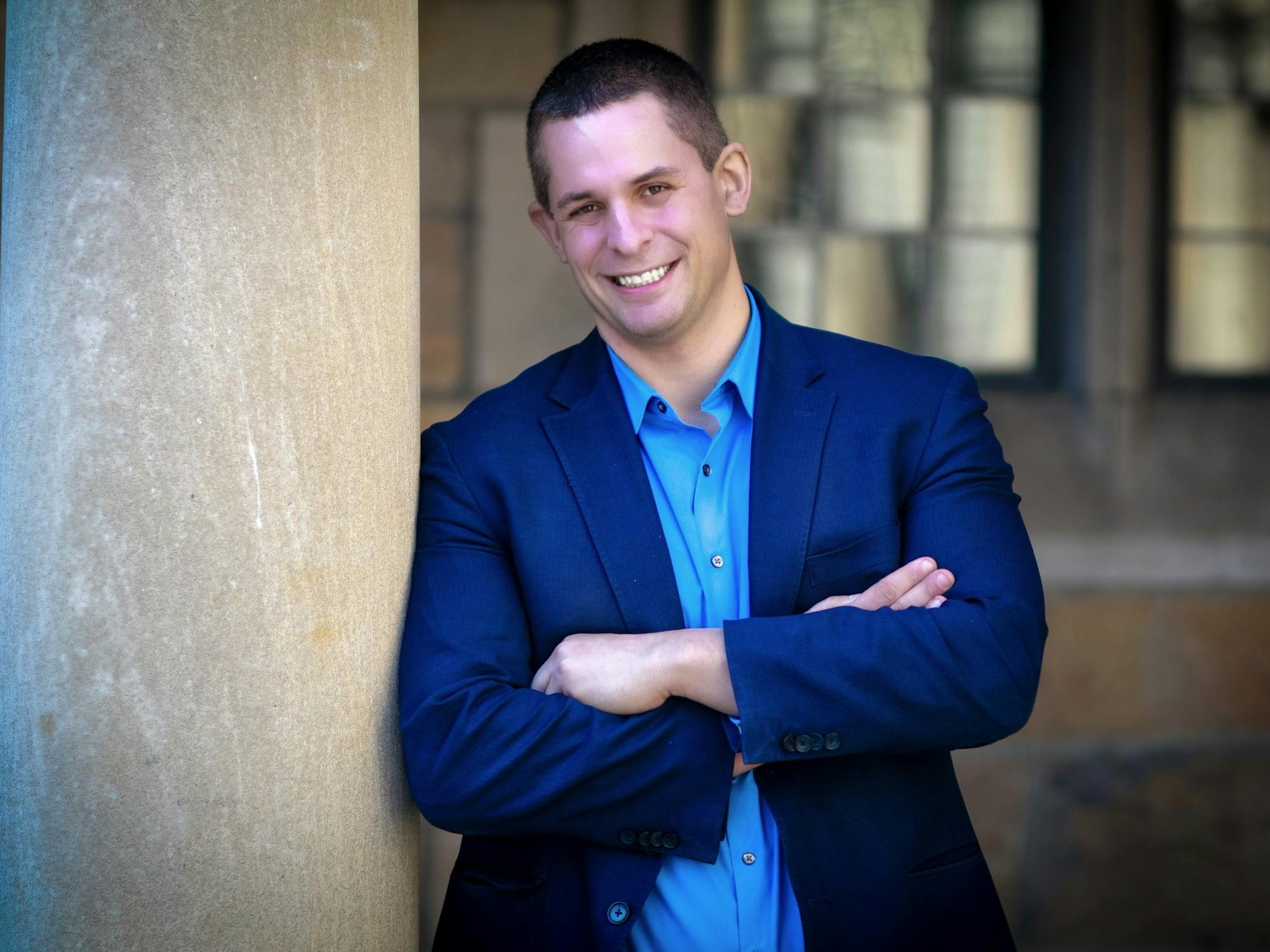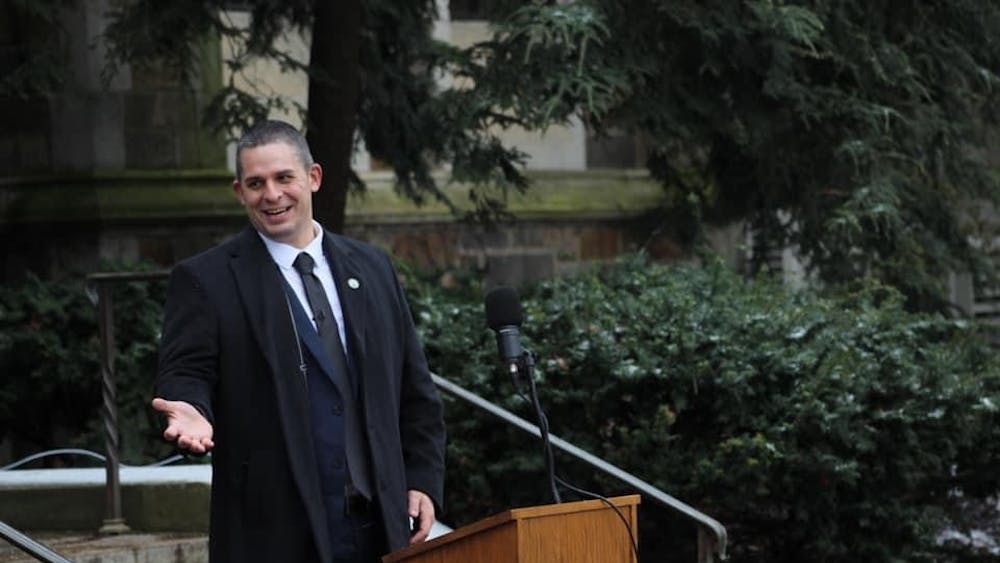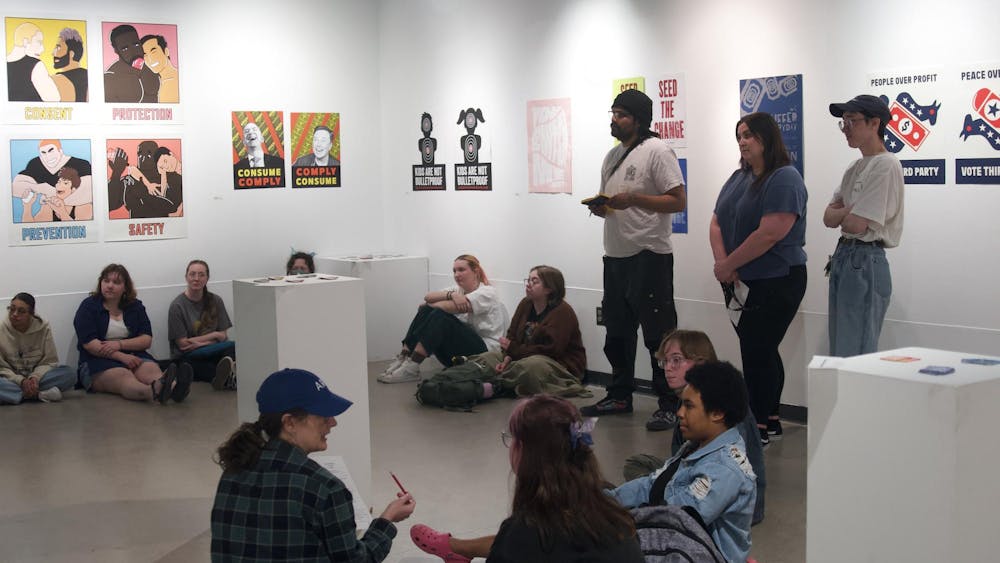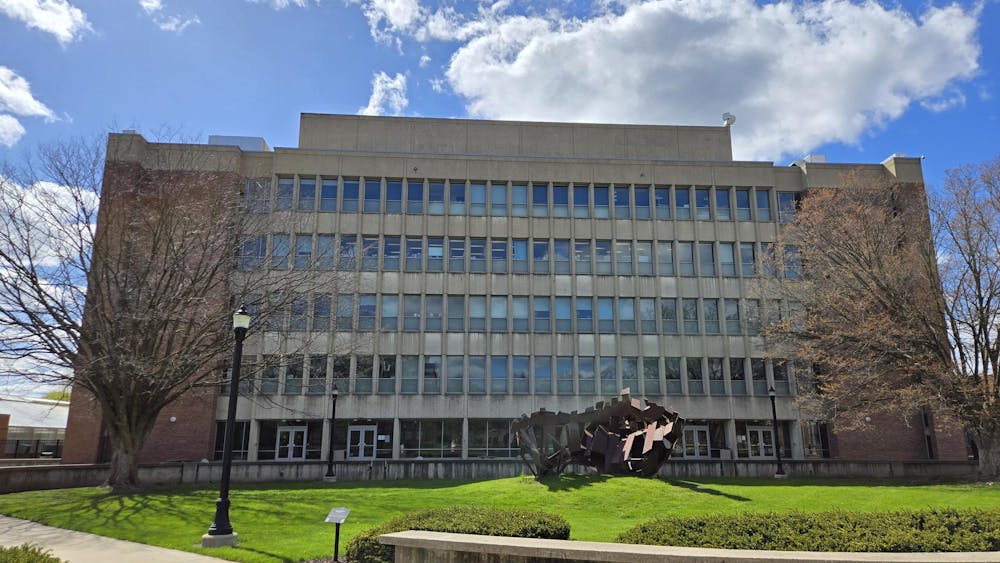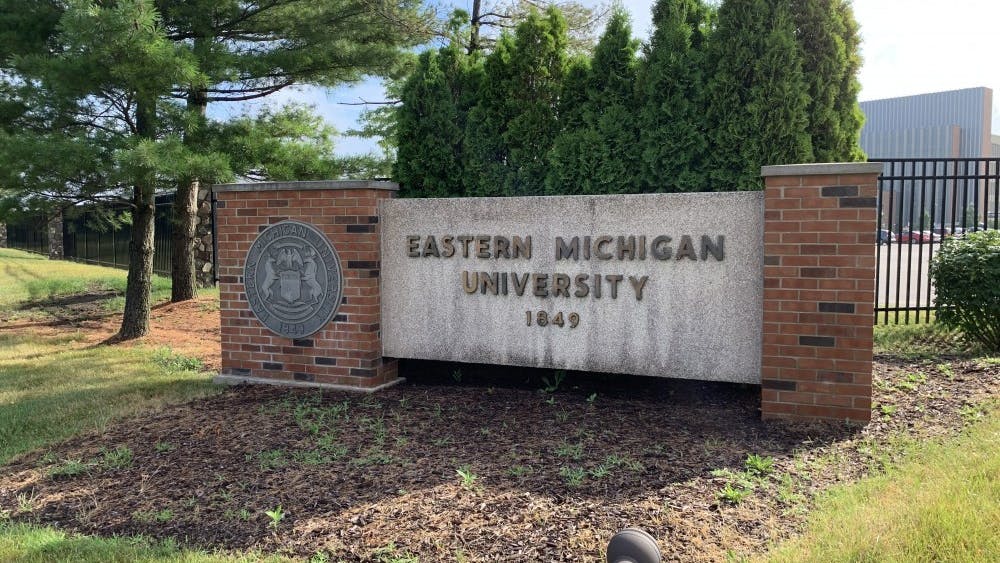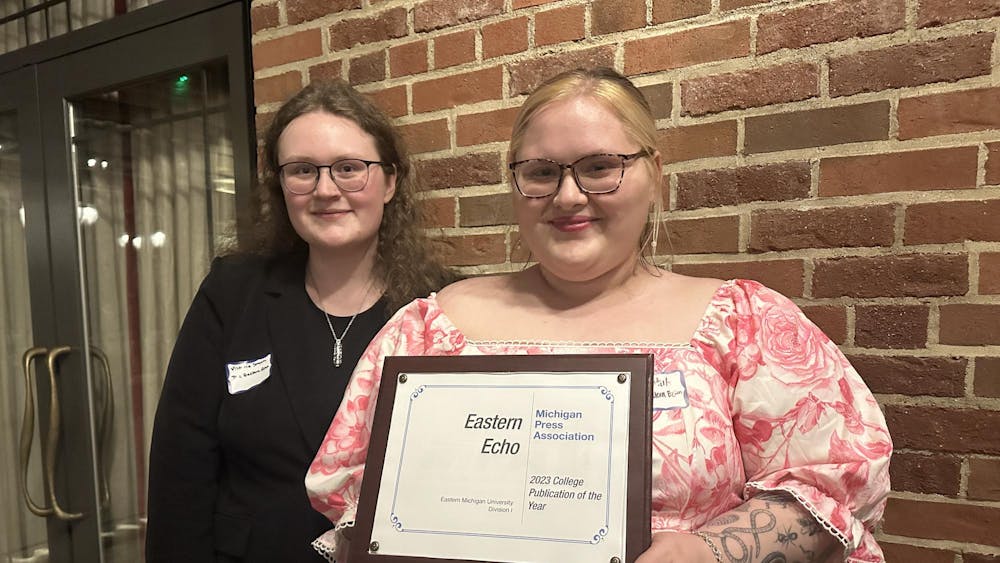The Washtenaw County Prosecutor's Office announced the creation of a survivor-centered, voluntary restorative justice program on Sept. 9.
The program, made possible by the Dispute Resolution Center, is designed to give crime survivors a choice between the traditional legal system or restorative justice as an alternative, according to the Washtenaw County Office of the Prosecuting Attorney. While not all cases are eligible for the program — including those of great severity to public health, crimes of sexual nature, or those involving children — a wide range of cases qualify.
“Far too frequently in the criminal legal system, we sideline crime survivors—and don’t give them a choice about how their case will proceed,“ Washtenaw County Prosecutor Eli Savit said. “Survivors will be given the opportunity to chart their own course, and empowered to reach an outcome that works for them.”
In the process of restorative justice, there are three parts in which the survivor and the harm-doer work together to achieve with the help of a trained facilitator. In it, the accused part must acknowledge the harm done. After, they are to make amends. For the last step, both parties work together to create a plan to stop the harm from recurring. If this process is successful and there is no recurrence for the following 18-month period, no traditional court trial is needed. If it were to fail, the Prosecutor’s Office may move forward with the initial charges.
Similar programs have been seen in other places such as New York City, where 90% of survivors are seen choosing to opt for the program rather than proceeding in a traditional court setting, officials said.
“Most often crime survivors want answers: ‘Why did you harm me?’ 'Why did you choose me?’ ‘What happened to you to make you behave like this?’ ‘What do you need so that you don’t ever do this again?’“ Chief Assistant Prosecuting Attorney Victoria Burton-Harris said. "Restorative justice answers those questions and brings true healing to both survivors and those who have harmed them.”

